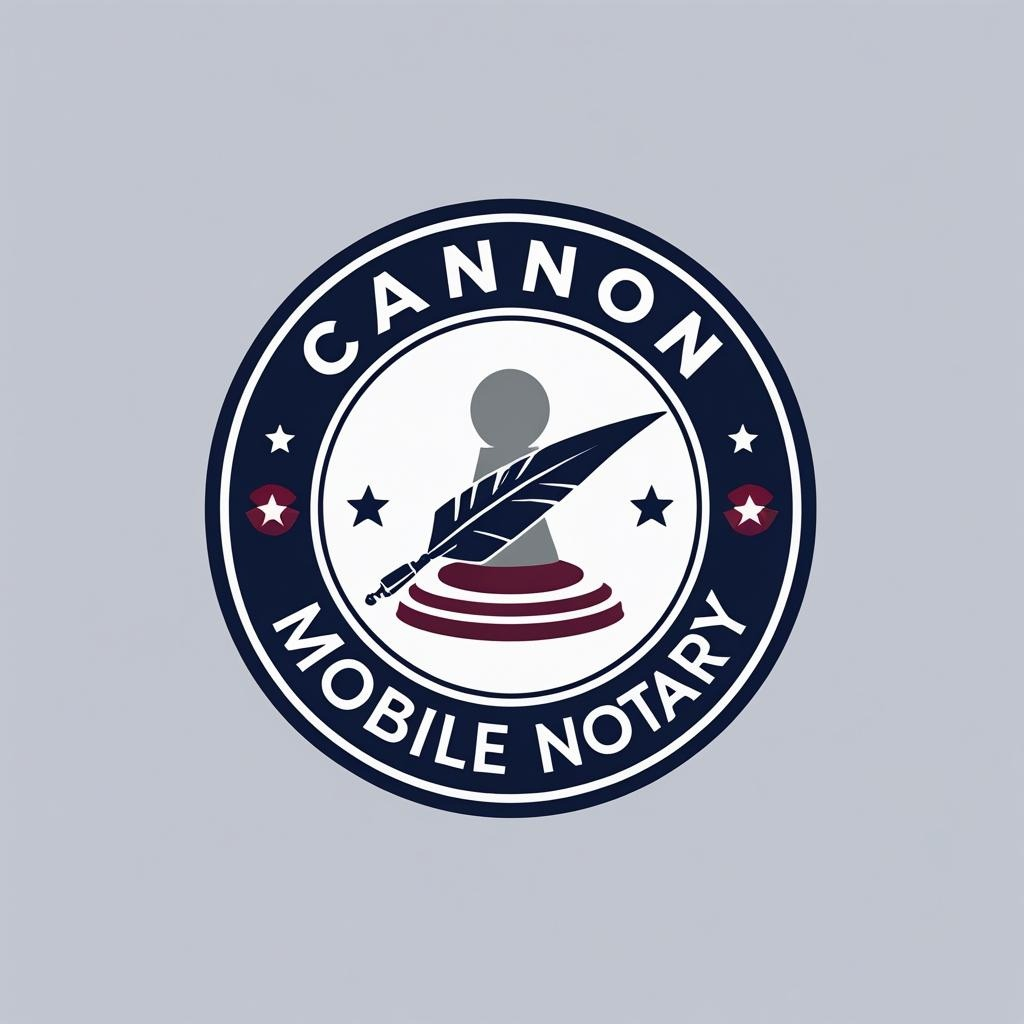How to Avoid Common Notarization Mistakes in Florida
Notarizations are meant to be straightforward: a notary verifies your identity, witnesses your signature, and applies their seal to make your document legally valid. Simple, right? Yet, every week, people run into frustrating setbacks because of mistakes that could have been easily avoided.
In Florida, these mistakes can delay important transactions—like closing on a home, finalizing a will, or signing a power of attorney. Some errors even make documents invalid, forcing you to start all over again.
If you want to save yourself time, money, and stress, here’s a detailed guide to avoiding the most common notarization mistakes in Florida.
---
1. Signing the Document Before Meeting the Notary
This is the #1 mistake people make. Many assume they can sign the document in advance to “save time,” but in most cases, Florida law requires the notary to witness the signing in person.
If you show up with a document that’s already been signed, the notary may have to reject it, which means wasted time and possibly having to redo the paperwork.
👉 Tip: Always bring your document unsigned and wait until the notary instructs you to sign.
---
2. Bringing Expired or Unacceptable Identification
Florida notaries are legally obligated to verify your identity using valid, government-issued photo ID. If your ID is expired—or not an acceptable form—your notary cannot move forward.
Examples of mistakes:
Showing up with a Social Security card (not valid ID)
Presenting a driver’s license that expired months ago
Using a work or school badge without security features
👉 Tip: Always double-check that your ID is valid and current. Florida accepts state driver’s licenses, U.S. passports, military IDs, and certain foreign passports stamped by U.S. immigration.
---
3. Missing Witnesses
Some documents require witnesses in addition to notarization, such as wills, living wills, and powers of attorney. If you show up without witnesses, your notarization may be delayed.
👉 Tip: Confirm whether witnesses are required before your appointment. If you can’t provide your own, ask your notary if they can help arrange them (many mobile notaries offer witness services for an additional fee).
---
4. Incomplete or Incorrect Documents
Another common mistake is bringing in paperwork that is incomplete or missing key sections. A notary cannot notarize blank or partially filled documents, because doing so opens the door to fraud.
Examples include:
Missing pages in a real estate contract
Blank fields left in legal forms
Alterations or white-out on critical sections
👉 Tip: Review your document carefully before the appointment. Fill out everything except your signature, and make sure all pages are present—even if only one page needs to be notarized.
---
5. Using Nicknames or Mismatched Names
Florida notaries must confirm that the name on your ID matches the name on your document. If your document says “Jonathan Smith” but your ID says “John Smith,” your notary may not be able to proceed without clarification.
👉 Tip: Ensure that your document reflects your legal name exactly as it appears on your ID. If necessary, bring supporting documentation (like a marriage certificate) to explain name differences.
---
6. Forgetting Payment
It sounds simple, but it happens often—clients forget that notarization is a professional service that requires payment. Florida notaries may charge per notarization plus additional travel fees for mobile service.
👉 Tip: Ask your notary in advance what forms of payment they accept (cash, card, Zelle, etc.) and be prepared to pay at the appointment.
---
7. Choosing the Wrong Type of Notarization
There are different types of notarizations, including:
Acknowledgments – You confirm you signed the document voluntarily.
Jurats – You swear/affirm the contents of the document are true.
Copy certifications – The notary certifies a copy of an original document.
Clients often assume the notary decides which one they need—but legally, the notary cannot choose for you. Only you (or your attorney) can determine the correct notarization type.
👉 Tip: If you’re unsure, consult with the organization or professional who gave you the document.
---
8. Scheduling Too Late
Many people wait until the last minute to schedule a notary appointment—only to find out their preferred notary is unavailable or that additional requirements (like witnesses) take time to coordinate.
👉 Tip: Schedule your notary appointment in advance, especially for real estate closings, legal documents, or end-of-life planning documents.
---
Final Thoughts: Preparation is Everything
Most notarization mistakes come down to lack of preparation. By bringing the correct ID, having your documents ready (but unsigned), and knowing whether witnesses are required, you’ll make the process smooth and stress-free.
A little preparation ensures your documents are executed properly the first time—saving you from delays, added costs, and legal headaches.
---
Need a Reliable Notary in Southwest Florida?
Avoid the hassle and let me come to you. I serve Fort Myers, Cape Coral, Naples, Estero, Bonita Springs, Port Charlotte, and Punta Gorda with professional, reliable mobile notary services.
📱 Call/Text: (941) 787-9534
🌐 cannonmobilenotary.com
Your documents deserve accuracy, professionalism, and peace of mind.
